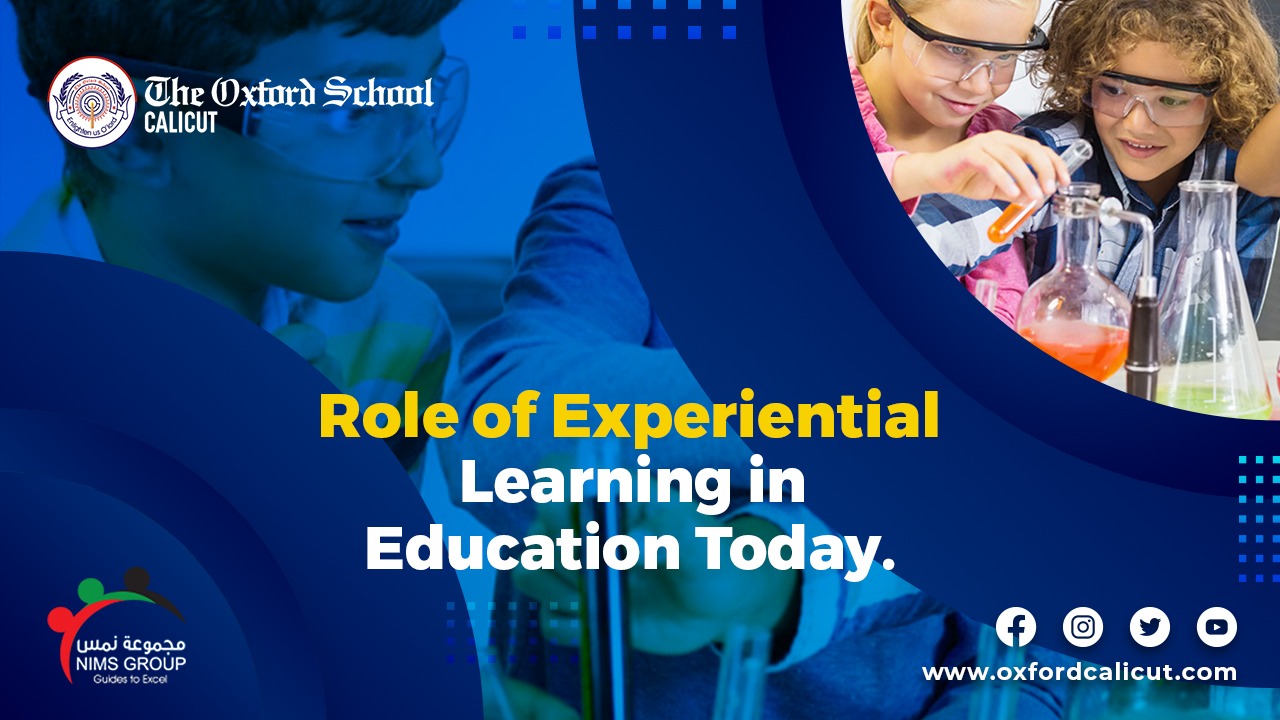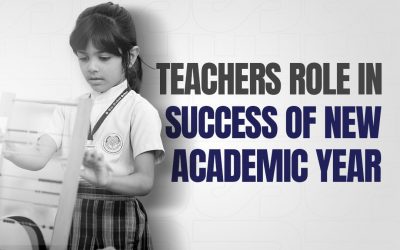Experiential learning is a method of education that involves learning through experiences, rather than simply through lectures or reading. It is a hands-on approach to learning, where students actively engage in activities that allow them to apply theoretical knowledge to real-world situations.
One of the main benefits of experiential learning is that it helps students develop practical skills that can be applied in their future careers. When students are able to work on projects or engage in activities that simulate real-world situations, they can gain valuable experience that can prepare them for the workforce.

Experiential learning can also help students develop critical thinking skills. When students are faced with real-world problems, they must think critically to come up with solutions. This type of learning can help students become more creative, innovative and adaptable in their approach to problem-solving.
Experiential learning also has the potential to increase students’ interest in and commitment to their education. Students are more likely to be motivated and excited about their academics when they actively participate in their education. This may result in improved academic achievement and greater levels of educational satisfaction.
There are many different types of experiential learning activities that can be used in education. Some common examples include internships, field trips, service-learning projects, simulations and group projects. Each of these activities allows students to apply their knowledge in a different way, and can help them develop a variety of skills.
Internships are a popular form of experiential learning, particularly in fields such as business, engineering and healthcare. Internships allow students to gain hands-on experience in a professional setting and can help them make valuable connections in their chosen field.
Field trips are another common form of experiential learning. Field trips can be used to help students gain a deeper understanding of a particular subject or topic. For example, a field trip to a museum or historical site can help students better understand the context and significance of a particular event or period in history.
Service-learning projects are a form of experiential learning that involves students volunteering in their local community. These projects can be used to help students develop empathy, social responsibility and a sense of civic engagement. They can also help students develop leadership skills and teamwork abilities.
Simulations are another popular form of experiential learning. Simulations can be used to help students gain hands-on experience in a particular field or industry. For example, a business simulation can help students understand the challenges and opportunities faced by businesses in different industries.
Group projects are a final example of experiential learning. Group projects allow students to work together to solve a problem or complete a task. This type of learning can help students develop collaboration skills, communication skills, and leadership abilities.
In conclusion, experiential learning is a valuable method of education that can help students develop practical skills, critical thinking abilities and a deeper engagement with their coursework. By using a variety of experiential learning activities, educators can help students develop a range of skills that will be valuable in their future careers and personal lives.





